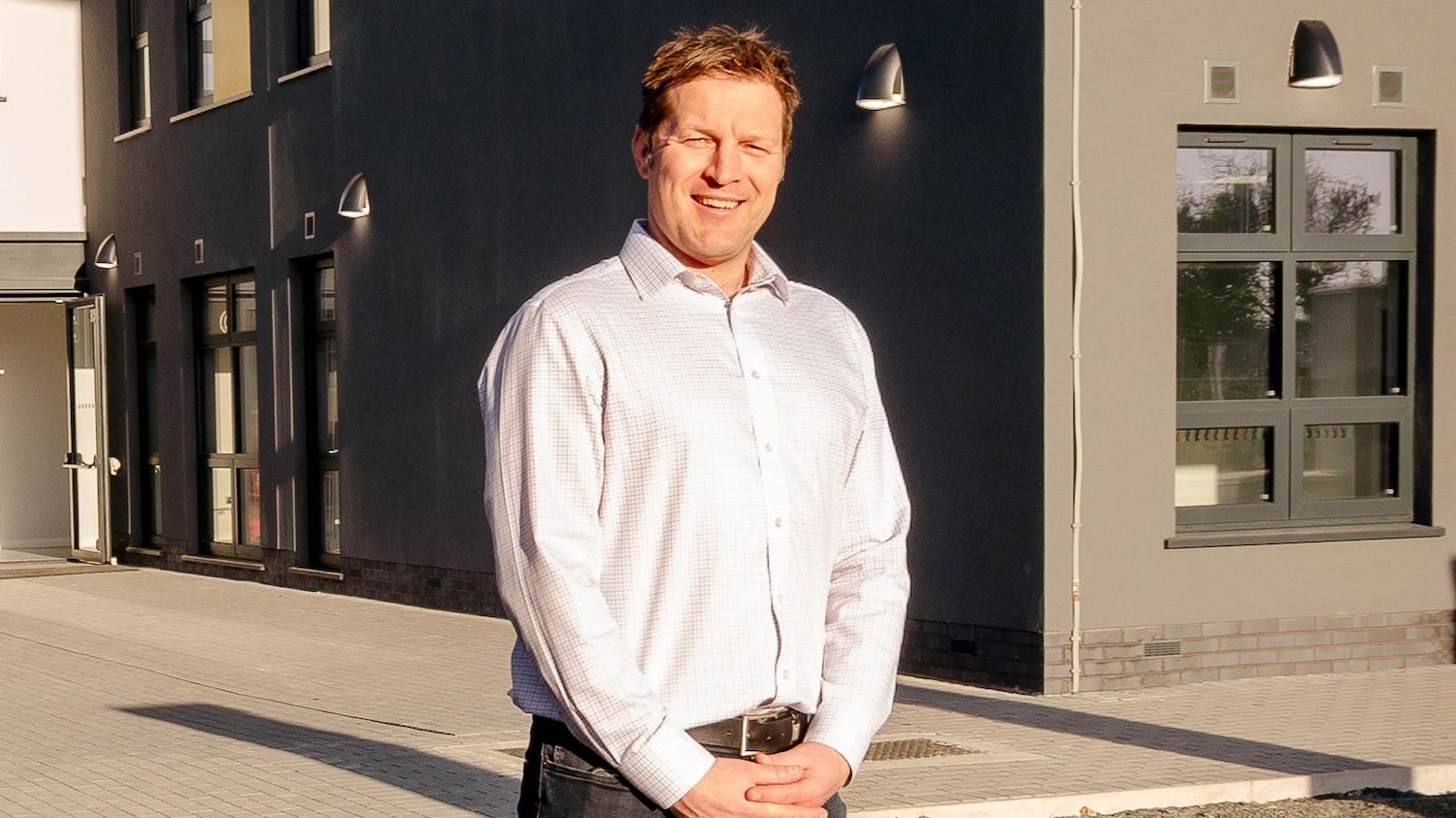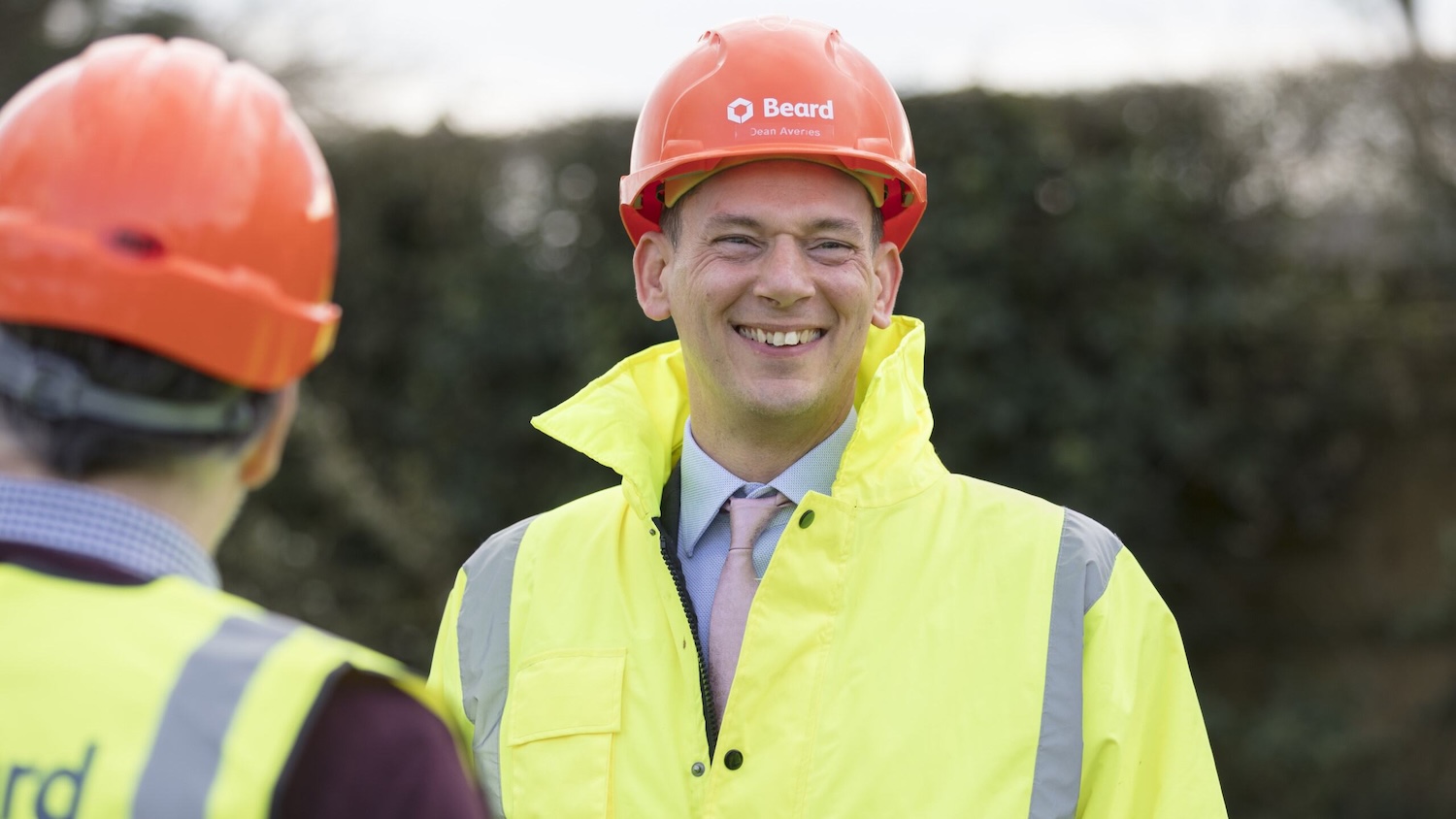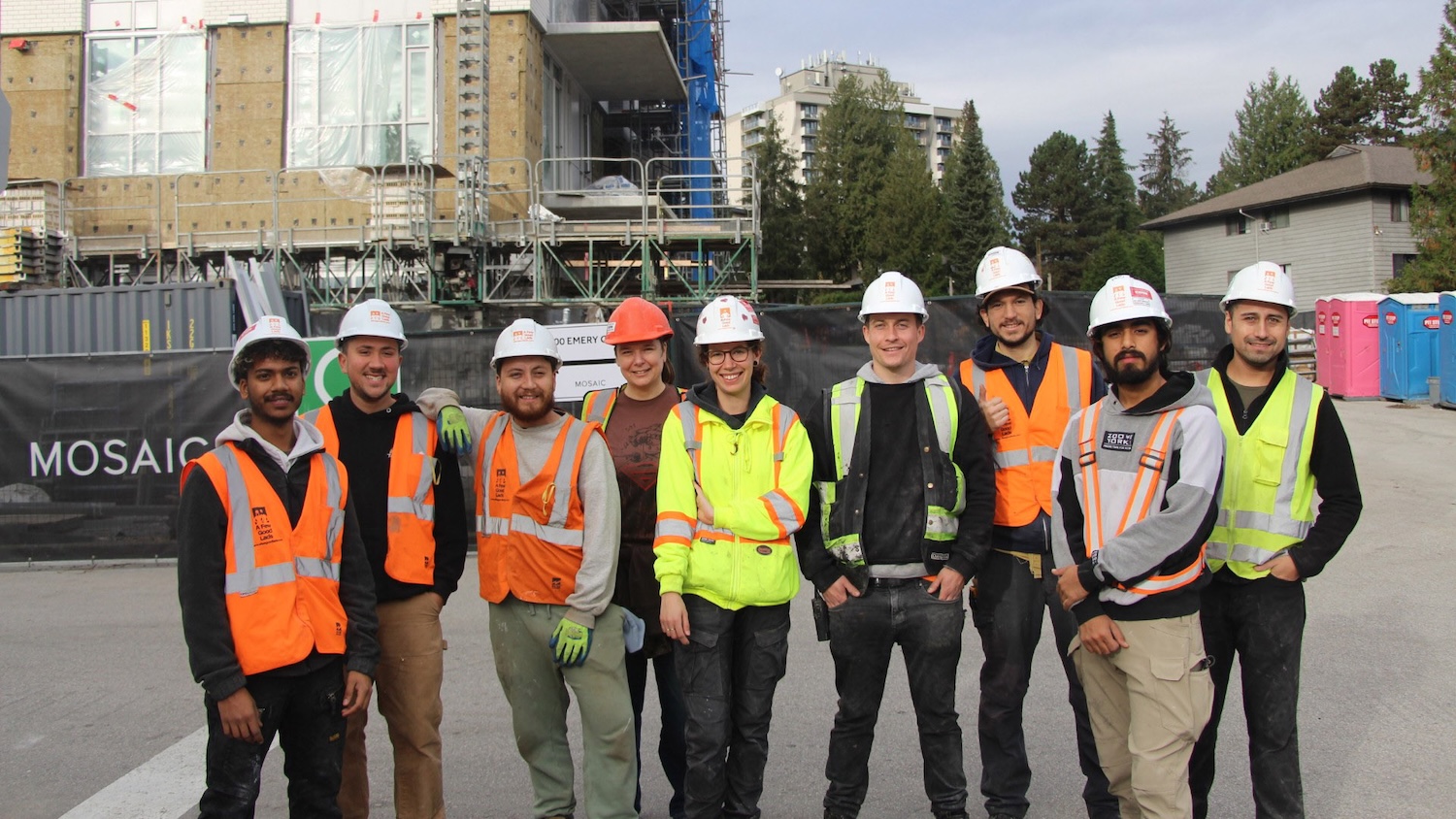
How transparency on planning data can secure long-term skills pipeline
Meeting current and future skills demands requires meaningful change across the industry – and a fresh approach to planning data could hold the key
Skills challenges are nothing new for the construction industry as companies respond to the workforce constraints of today and tomorrow.
Against this backdrop, ISG is leading a research project to explore how built environment planning data can help to unlock a more joined-up approach to skills.
In June, the company launched its white paper, titled Rethinking the skills conundrum: Connecting the dots between people, place and productivity.
Skills master planning strategy
A key aim for the research project is to help lay the foundations for a national skills master planning strategy.

At the moment, we’re all going to the same skills pool, which is really counterproductive
Zoe Price, global chief operating officer at ISG, says: “The focus was on how we could support government with the first step of that by using some of the planning data for projects and mapping those out.
“Then it is about how we bring all of these different stakeholders together so that they are more aligned in terms of the skills challenge.
“At the moment, we’re all going to the same skills pool, which is really counterproductive. It’s inefficient and we are constantly competing against each other.”
Price adds that there needs to be more visibility of the skills agenda, as well as where infrastructure investment is being made across the country.
“That will help to provide the confidence for people to make bold career choices, but they will only do that if there’s some certainty and visibility of what is in the infrastructure pipeline,” she says.
For ISG, driving change across the industry will require engagement from a variety of stakeholders who are at the coalface of the skills conundrum.
Addressing uncertainty
David White, chief operating officer at Rolls Royce Small Modular Reactors (SMR), has first-hand experience of how skills constraints are impacting major infrastructure projects.
White points to the “stop-start” approach to infrastructure projects that are rarely out of the headlines – most notably demonstrated by the government’s recent decision regarding the northern leg of HS2.
“We have had a piecemeal approach to infrastructure, which means you end up having to deliver everything without a central overarching plan,” he says.
“Continuity and certainty are so important in order to build a pipeline of skills – it is the same across nuclear, highways, rail and so on.
"We are a very stop-start country when it comes to these projects and we are not very good at creating a long-sighted roadmap.”
Direction of policy
While uncertainty inevitably impacts long-term continuity across the workforce, White is encouraged by the direction of policy on SMR projects.
“What the government is seeking to do in the SMR space is give more clarity upfront, which then means we can invest in people, skills and training centres and so on,” he says.
“That has been one of the big problems across all sectors, but certainly in the major infrastructure space for the past decade.
“We talk about these big projects for a long time, but then it is difficult to get on with them and get them under contract. If you have a comprehensive, structured plan, it would make it easier to actually deliver them.”
White insists that more certainty around which projects will be approved and what technologies will be used is crucial for the delivery of ambitious energy projects, particularly in the nuclear sector.
“The sector can then start to plan properly. We can put in place the training schemes that are needed and upskill people with certainty,” he says.
Joined-up approach
White notes that the National Infrastructure Commision is tasked with helping to provide a long-term roadmap for major infrastructure projects.
“However, it can sometimes be difficult to see how that translates into what is being delivered on the ground or how that is aligned with what the government’s priorities might be.”
Price agrees, adding that political uncertainty around the upcoming general election will also impact the industry’s ability to plan ahead.
"As an industry, we just can’t wait two to three years to have clarity,” she says. “So, what can we do that’s within our control to help map everything out and start changing some of those conversations?”
A key recommendation from ISG’s research focuses on bringing together regional planning information into one resource, which would provide greater visibility at an earlier stage.

We have delivered more offshore wind than anywhere else in the world, but have we captured all of the supply chain opportunities from that? No
Moving all stages of planning data to a centralised digital system could help to reduce friction and delays across the infrastructure sector, ultimately helping the UK to attract more investment.
Collaborative effort
A central database could also help to support better collaboration and sharing of key lessons from projects.
White says: “We have delivered more offshore wind than anywhere else in the world, but have we captured all of the supply chain opportunities from that? No.
“Where are we going wrong here and what are we going to do differently to ensure we are upskilling people and training the next generation who will be delivering the major projects of the future?
“All of this requires significant thinking and meaningful change. We have lots of different stakeholders, but we need to look at how those key influencers can work more collectively to achieve those overarching goals.”
Aside from increased collaboration, Zoe insists that the industry must reframe the varied career opportunities that are available across the industry.
“We need to change some of the wider conversations about construction and how people think about industry,” she says.
“We need to promote all of the amazing things the industry is doing and illustrate that to the public so they understand the roles they can play.
“This is something that we, as an industry, can control and really make some headway by attracting the next generation of talent. “We have a fantastic opportunity to streamline and reset the boundaries of what the future looks like.”
Rethinking the skills conundrum
Through its skills research, ISG has identified four key recommendations:
- Democratise planning data
If all stages of planning data were moved to a centralised digital system, it could be aggregated as a key data source and tool in strategy development.
- Encourage communication between stakeholders
Encouraging stronger relationships between organisations across both the supply and demand side of the skills pipeline would be beneficial to all.
- Widen apprenticeship pathways
Opening pathways of apprenticeships to equip a wider talent pool addresses the proliferation of talent throughout the UK.
- Reframe industry opportunities to new talent
Reframing the environmental and social value impacts of various industries to match the aspirations of young people could significantly increase demand for certain roles.







